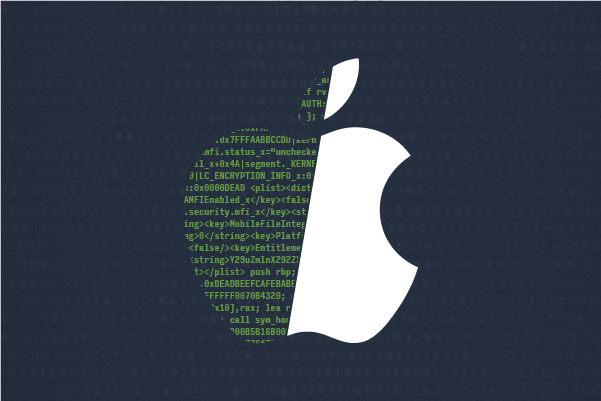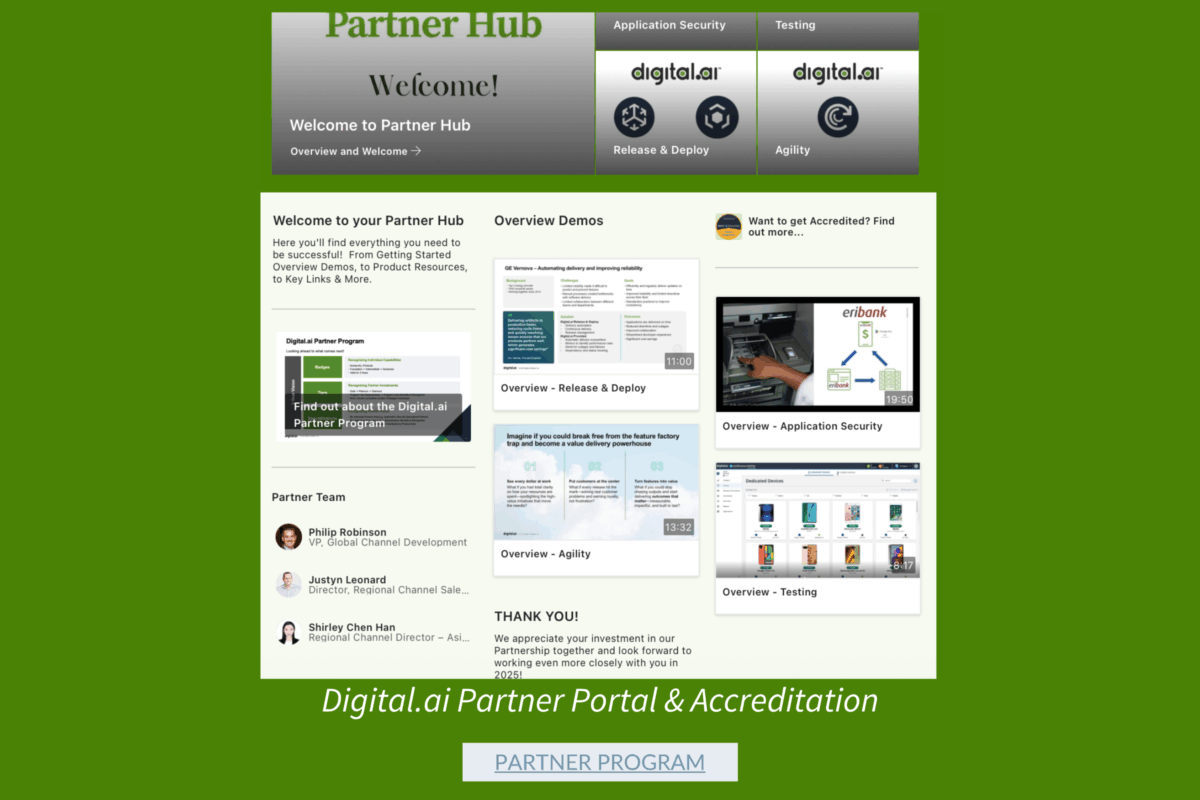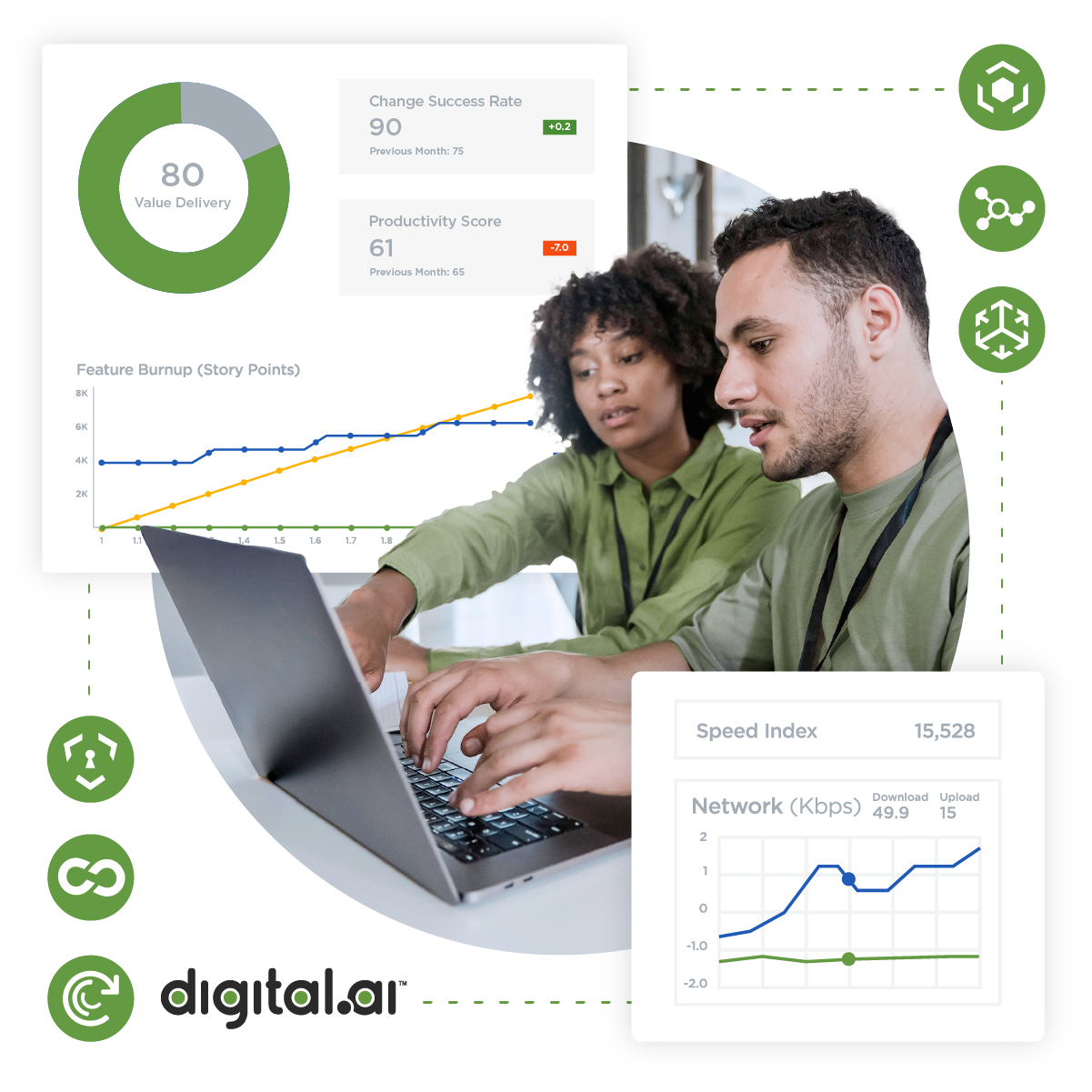Table of Contents
Related Blogs
The AI revolution is in full swing, with agentic AI increasingly saturating the market and transforming enterprise software delivery. As enterprises grapple with this new reality, they face both unprecedented opportunities and significant challenges. Agentic AI, capable of autonomous decision-making and task execution, promises to revolutionize software development processes. However, it also brings concerns about reliability, security, and ethical implications.
In a recent interview with Jon Reed, co-founder of Diginomica, Digital.ai CEO Derek Holt offers a pragmatic perspective on harnessing AI’s strengths while mitigating its weaknesses in the enterprise space. From pragmatic adoption strategies to fostering transparency, combining traditional automation with AI, and ensuring measurable outcomes, Holt provides a comprehensive framework for enterprises aiming to navigate this space. Here’s what he had to say on these critical topics:
Embracing Reality in AI Adoption
Digital.ai takes a decisively pragmatic approach to AI implementation, rooted in addressing the immediate needs of large enterprises and helping them navigate the complexities of AI adoption in software development and delivery processes. As Holt emphasizes, “A lot of our positions are rooted in what’s happening in the real world versus some of the aspirational things that may happen in the next five, ten, or fifty years, depending on who you talk to on the topic.”
This approach aligns with the broader industry trend of focusing on practical AI applications. According to a recent Gartner report, by the end of 2025, 30% of generative AI projects will be abandoned after proof of concept. Enterprises are recognizing more than ever that successful AI adoption requires a realistic balance between innovation and practicality, focusing on use cases that deliver tangible value in the near term.
Building Trust Through Transparency
AI is evolving rapidly, but Digital.ai aims to stand out by addressing the limitations of current AI technologies head-on. Holt notes, “A great example are [AI] hallucinations, right? In the context of me playing around with ChatGPT, that’s not a big deal. But in the context of me potentially allowing some automation of a really critical business process, that could be the difference between success and failure.”
The emphasis on transparency echoes a growing concern in the AI ethics community – AI needs to be explainable, and decisions and outputs must be understood and scrutinized. This is particularly important in regulated industries or when AI systems are making high-stakes decisions. By openly discussing AI’s current limitations, enterprises are setting realistic expectations and building long-term trust with their clients.
Synergizing Traditional Automation with AI
Digital.ai’s approach combines the strengths of traditional automation with cutting-edge AI capabilities. Holt describes the method: “We’re using large language models and agents pointed at the app, and we can infer most of the tests, so the AI is building all of the tests for us, but we’re still using the old school automation to run the test across a large device farm.”
This combination of AI-driven test creation and traditional test execution showcases Digital.ai’s commitment to pushing the boundaries of what’s possible in software delivery. AI-powered testing tools are becoming increasingly sophisticated, capable of generating test cases, identifying potential bugs, and even suggesting fixes. As AI continues to evolve, we can expect to see even more innovative applications in software testing, potentially transforming the entire software development lifecycle.
Measurement: The Foundation of AI Success
Digital.ai emphasizes the importance of comprehensive measurement across the software development lifecycle. Holt states, “You can’t manage what you can’t measure, and the same thing applies here: You can’t determine whether or not something improved if you don’t know what good looked like before. Or at least what is the baseline?”
Digital.ai’s platform democratizes data from various development and production tools, creating a robust foundation for AI and machine learning to predict future outcomes based on past performance. This focus on measurement and benchmarking is crucial in the AI era; appropriate benchmarks must be carefully selected to match the context of AI applications. For enterprise software delivery, this means developing metrics that not only measure technical performance but also business outcomes. By establishing clear baselines and continuously monitoring performance, companies can ensure that their AI initiatives deliver real value and drive continuous improvement.
Focusing on Outcomes, Not Just Technology
Digital.ai’s approach to AI implementation is firmly rooted in delivering tangible business value. As Holt succinctly puts it, “Let’s also remember what the value is. They’re not paying me for AI. They’re paying me for an outcome, and if we don’t deliver the outcome, then you’ve got a different problem.”
This perspective ensures that AI adoption is always tied to real-world results, not just technological novelty. By focusing on specific business problems and measurable results, companies can avoid the pitfalls of implementing AI for its own sake. This approach also helps manage expectations and ensure that AI investments deliver tangible returns, addressing concerns about the high failure rate of AI projects.
As we navigate the AI revolution in enterprise software delivery, Digital.ai remains at the forefront, addressing both the opportunities and challenges. By combining AI capabilities with established best practices, fostering transparency, and maintaining a relentless focus on outcomes, enterprises can navigate the complexities of AI adoption and drive real business value. The future of software delivery lies not just in the technology itself, but in how we thoughtfully integrate it into our existing processes and use it to solve real-world problems.
Quantify Gains, Identify Improvements & Predict Risks
Explore
What's New In The World of Digital.ai
Dopamine & Dopamine-RootHide: The Myth of the Undetectable Jailbreak
Recent jailbreak releases such as Dopamine 2.4.x and its fork…
Exciting News: Introducing Our New Partner Hub & Accreditation Program!
We’re thrilled to announce the launch of our brand-new Partner…
Navigating the AI Revolution: Digital.ai’s Vision for Enterprise Software Delivery
Discover how Digital.ai’s pragmatic approach to agentic AI helps enterprises balance innovation, transparency, and measurable outcomes in software delivery.




